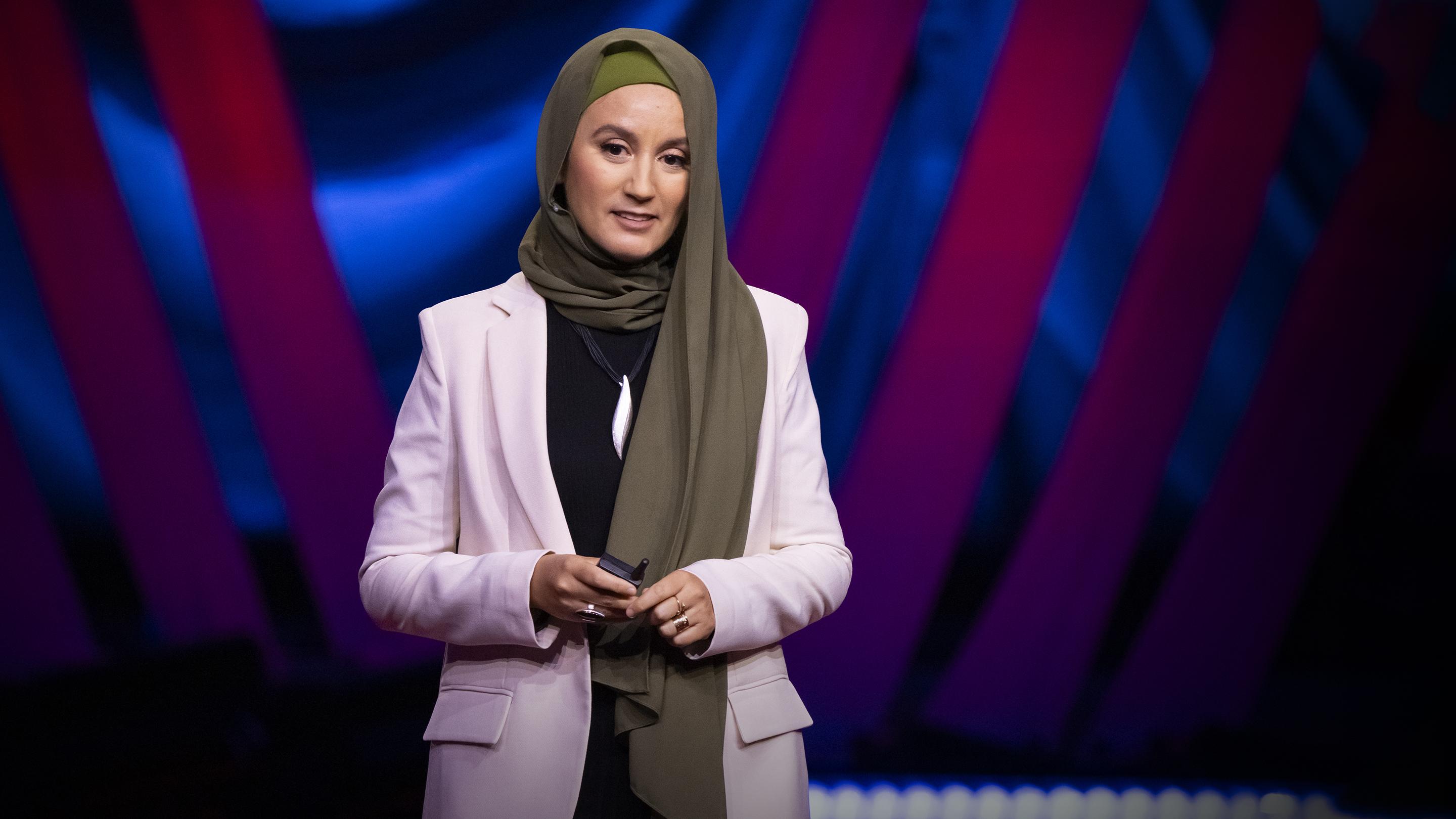

Born amidst the turmoil of civil war and environmental devastation in Algeria, Dyhia Belhabib emerged not just as a survivor but as a trailblazer in marine conservation. Her pioneering use of AI technology is now transforming the fight against illegal fishing on a global scale.
Early Life Influenced by Conflict:
Dyhia Belhabib‘s childhood was overshadowed by the Algerian Civil War, particularly harsh on her ethnic group, the Berbers. Living in the pine-forested Atlas Mountains, a mere 60 miles from the coast, Belhabib’s access to the ocean was fraught with danger, and her experiences were often associated with tragedy. This proximity to conflict, however, did not quench her curiosity about the sea; rather, it shaped her future ambitions.
Academic Pursuits and Breaking Stereotypes:
Belhabib’s academic journey began after the civil war, in a society where traditional roles for women were heavily endorsed. Engaged at 13 and expected to pursue a stable career in banking, she instead chose to study marine sciences—a field she had learned about through a family friend. This decision led her to the National Institute of Marine Sciences and Coastal Management in Algiers, where she was among the few women in her program. Rejecting her predetermined life path, she broke off her engagement to focus on her studies, embracing the challenges of her chosen field.
Challenges and Opportunities Abroad:
Despite graduating top of her class, Belhabib faced numerous rejections from overseas universities. Her determination paid off when she met Daniel Pauly, a renowned fish scientist, and impressed him with her passion and drive. Accepted into his program, she began her doctoral research at a time when illegal fishing was escalating into a global crisis, threatening marine ecosystems and the livelihoods of coastal communities.
Impactful Research in West Africa:
Belhabib’s research took her to West Africa, where she uncovered the massive scale of illegal fishing operations serving Chinese and European markets. Her work gained international recognition, including a front-page feature in the New York Times. Leveraging her African heritage, she was uniquely positioned to facilitate unprecedented data sharing among local governments and stakeholders, enhancing the effectiveness of her conservation efforts.
Revolutionizing Conservation with AI:
Belhabib’s innovative approach includes the development of AI technologies to detect and combat illegal fishing activities more efficiently. This technological advancement not only bolsters enforcement efforts but also supports sustainable fishing practices, ensuring the preservation of marine biodiversity for future generations.
Dyhia Belhabib’s journey from a war-torn region to the forefront of marine conservation illustrates her profound resilience and commitment to making a significant impact. By integrating advanced technologies like AI into marine conservation, she is setting new standards in the fight against illegal fishing and championing the health of our oceans.


